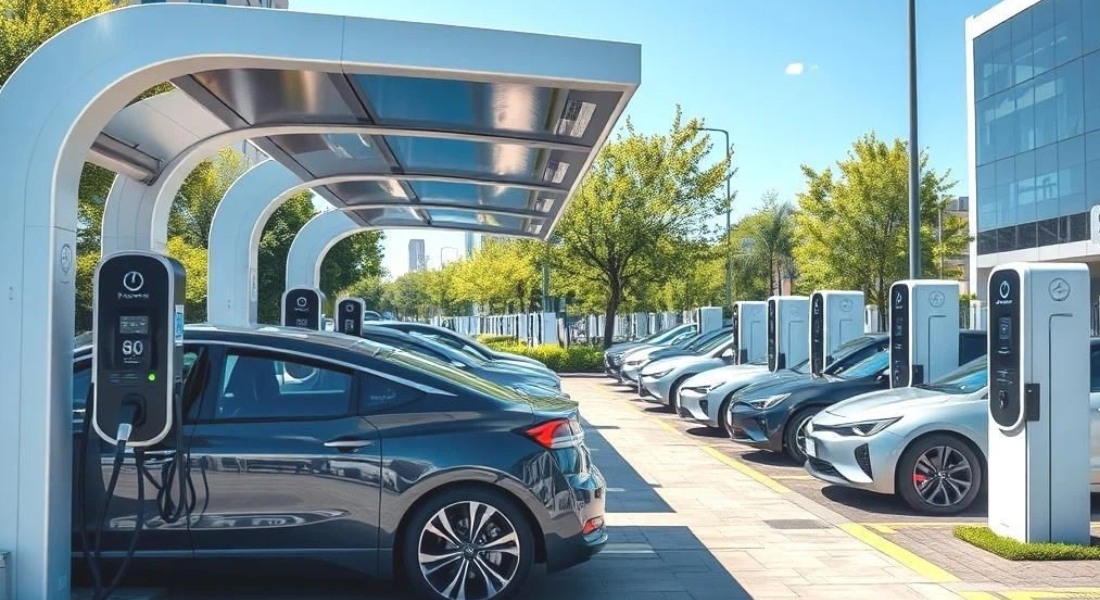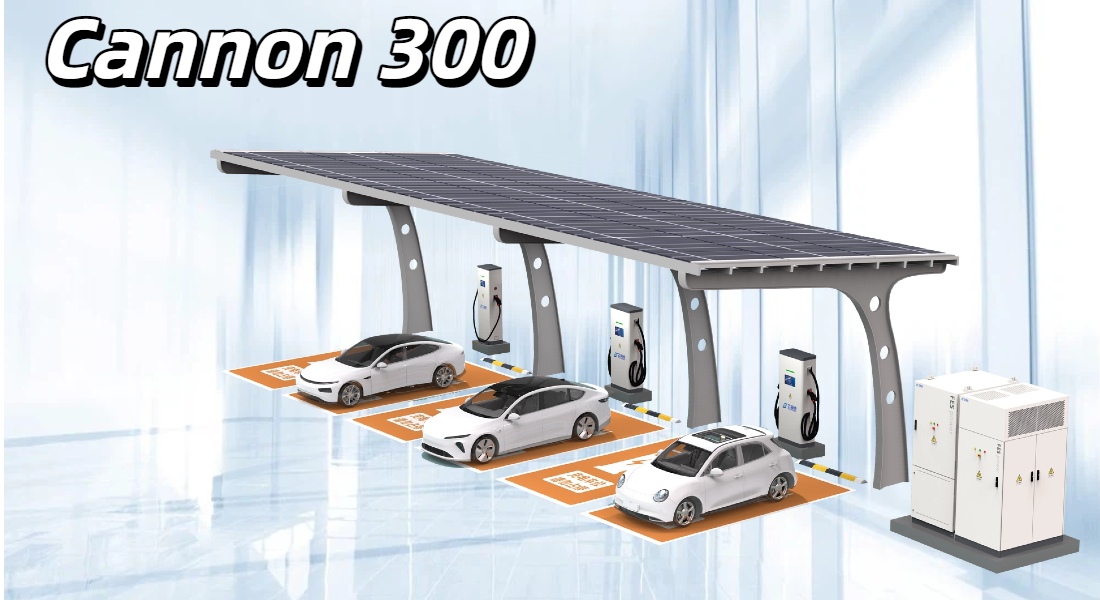- Call Us : +86-15060765919
- Mail Us : bella@fespower.cn
As the global shift toward sustainable transportation continues, the integration of smart charging systems with solar generation and battery energy storage is becoming a defining trend in the EV infrastructure industry.
This evolution marks a move beyond simple fast-charging capabilities — toward intelligent, flexible, and energy-efficient networks that better support renewable energy adoption.
Industry Trend: Smarter and Cleaner Energy Use
Conventional charging stations often depend on expensive grid connections and long permitting cycles. Many urban and highway locations face power limitations that restrict the installation of high-power chargers.
To overcome these barriers, more operators are turning to solar + storage + smart control models. These systems can reduce peak grid demand, utilize locally generated solar power, and ensure charging availability even during outages or grid constraints.
This approach not only shortens deployment time but also increases resilience and sustainability — two critical goals in today’s energy transition.

FES Power’s Innovation: The Cannon 300
To address these emerging needs, FES Power has introduced the Cannon 300, an ultra-rapid EV charger with built-in battery buffering and full compatibility with photovoltaic (PV) integration.
Designed for both commercial and public charging applications, Cannon 300 provides high charging performance while optimizing energy use and installation flexibility.
Key specifications include:
The Cannon 300 system supports both grid-tied and off-grid operation modes, enabling flexible deployment in urban centers, highway corridors, or remote charging sites.
Its MPPT-enabled DC/DC converter allows direct use of solar energy, maximizing renewable efficiency and reducing dependency on unstable grid supply.
Faster Deployment and Lower Costs
One of the major challenges for large-scale EV infrastructure is the time and cost required to upgrade local grids. Traditional high-power charging stations may take three to six years to complete due to permitting and utility expansion.
In contrast, battery-buffered systems like the Cannon 300 can often be deployed in as little as one to two years, minimizing construction costs and eliminating the need for major grid reinforcement.
This advantage significantly accelerates network expansion, allowing operators and municipalities to meet the growing demand for EV charging without waiting for extensive utility upgrades.

Driving the Future of Energy Transition
The convergence of smart charging, solar generation, and energy storage marks a fundamental shift in how EV infrastructure is planned and operated.
By enabling both high-speed performance and renewable integration, systems such as the FES Power Cannon 300 set a new benchmark for sustainable and scalable charging networks.
As governments and industries worldwide pursue carbon neutrality goals, FES Power remains committed to delivering advanced charging technologies that combine speed, efficiency, and environmental responsibility — driving the global transition toward cleaner mobility.
FES Power — Empowering the Future of Energy Transition